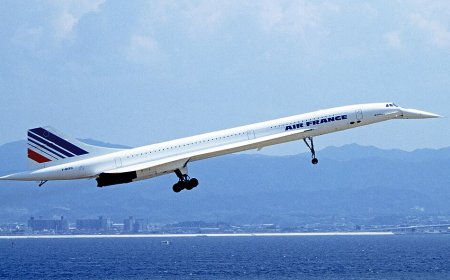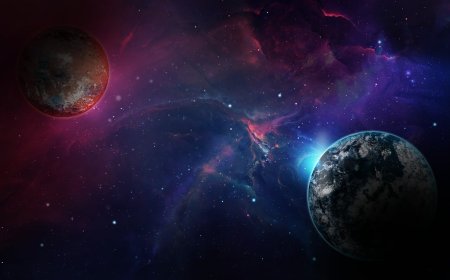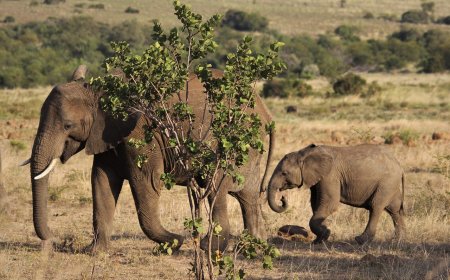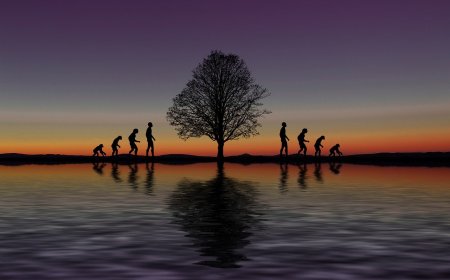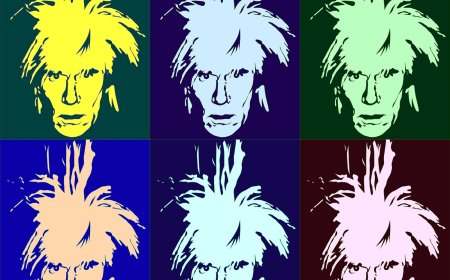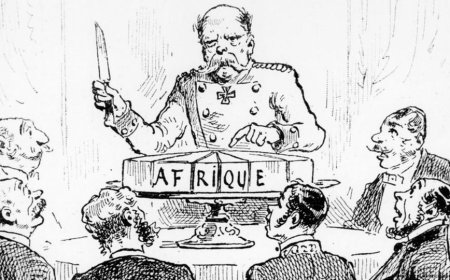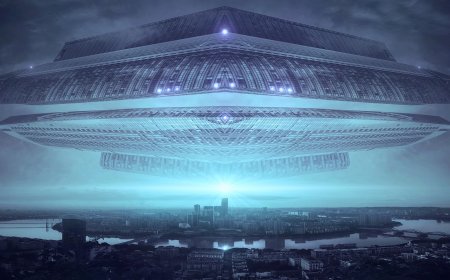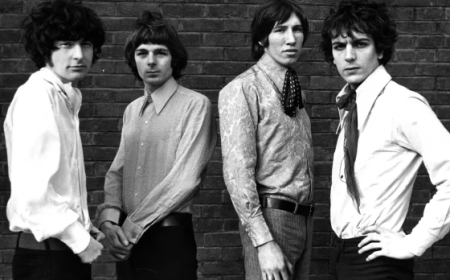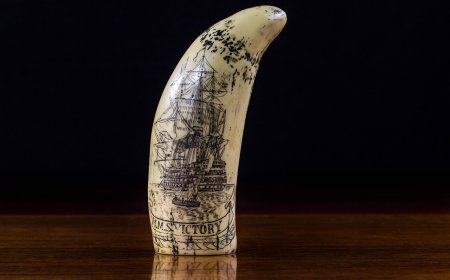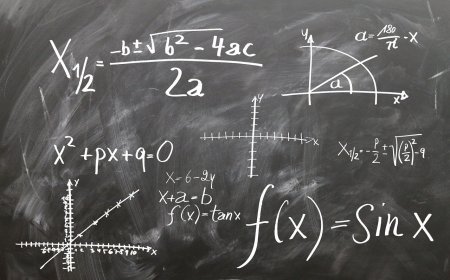How big (and how old) is the Universe?

The exact size of the universe is still a topic of ongoing research and exploration in the field of cosmology. The observable universe, which is the part of the universe that we can currently observe and study, is estimated to have a radius of about 46.5 billion light-years. This is due to the expansion of space itself since the Big Bang.
But the universe might be much larger than the observable universe. The concept of the "unobservable universe" arises because the universe has been expanding for billions of years, and the light from objects that are extremely far away has not had enough time to reach us yet. The current best model suggests that the universe is likely infinite in size, but our observations are limited by the distance that light has been able to travel since the Big Bang.
The term "size" can be somewhat ambiguous in the context of an expanding universe, as the fabric of space itself is stretching. So, the notion of a fixed size might not be entirely accurate in the context of cosmology.
Astronomers estimate that there are at least 100 billion to 200 billion galaxies in the observable universe. This estimation is based on observations from various telescopes and surveys, such as the Hubble Space Telescope and large-scale sky surveys. However, the exact number of galaxies in the universe is a challenging question to answer with precision.
This estimate is for the observable universe, and there could be many more galaxies beyond what we can currently observe due to the limitations of the speed of light and the expansion of the universe. As our observational technology improves and we continue to explore the cosmos, our understanding of the total number of galaxies in the universe may evolve.
The current estimated age of the universe is approximately 13.8 billion years. This age is based on observations of the cosmic microwave background radiation, the oldest light in the universe, as well as the study of the distribution and movement of galaxies. The concept of the universe's age is closely linked to the Big Bang theory, which suggests that the universe began as a singularity and has been expanding and evolving over time.
It's worth noting that this age is a result of our best current understanding of cosmology and is subject to refinement as our observational techniques improve and our understanding of the universe's fundamental properties deepens.











